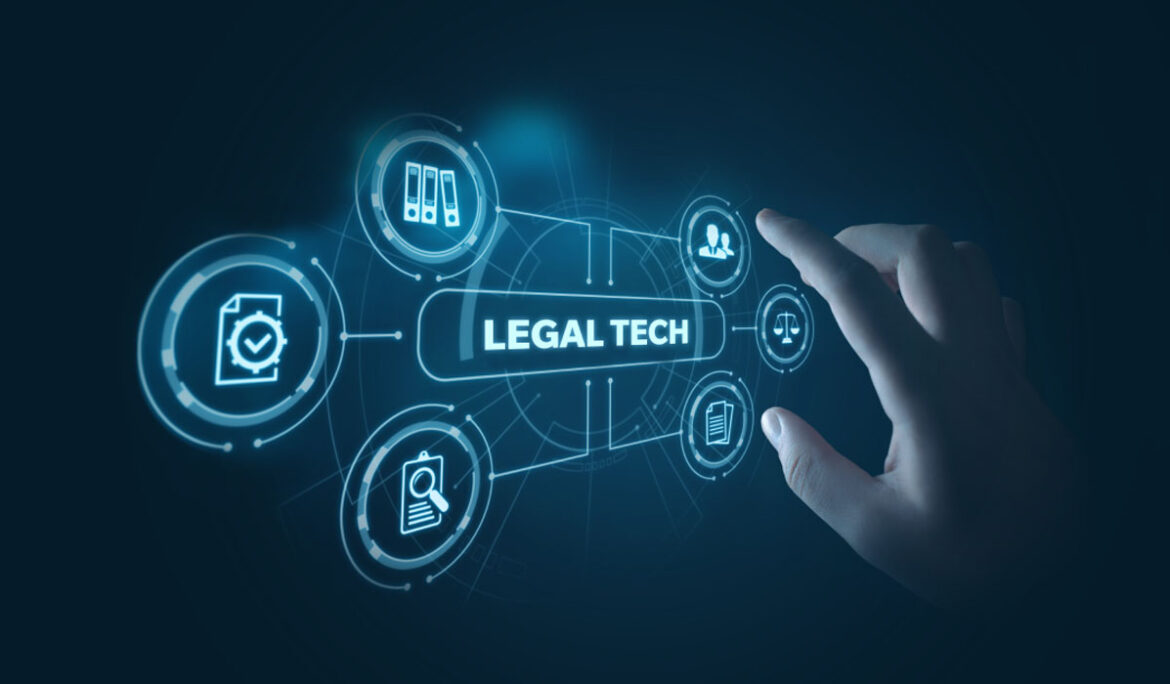
As digital innovations proliferate in the world, they have become disruptive affecting every aspect of life including the legal profession.
Business and daily life should run more smoothly thanks to new digital technologies. They do necessitate faster product and service delivery from businesses. However, they also help you run your business more effectively.
Traditions and precedents have always been used in the practice of law. Attorneys, on the other hand, have a long history of embracing new technologies that enable them to move more quickly and avoid becoming bogged down in repetitive tasks.
Law firms embraced computerized legal research when it became available in the 1970s. The legal technology boom kicked off in earnest in the early 1980s when PCs were made capable of having that capability.
Technology has focused on practical applications ever since the dot-com bubble burst two decades ago. Digital innovations are quickly making their way onto the market and demonstrating their worth more quickly. Attorneys need to keep up with technology because failing to do so means falling behind their rivals.
Cost and added value
The need to adopt technology early is exacerbated by customers’ expectations as well as the general advantages of having the appropriate technology. Actually, they are asking for it. According to a survey conducted in 2018 by Altman Weil, 58% of chief legal officers want their outside counsel to be more cost-effective.
The repercussions are obvious: Law firms must offer superior service at lower prices.
Technology is being used by the competition to their advantage. Think about alternative legal services providers (ALSPs). ALSPs are a $10.7 billion market in the United States, according to the Legal Executive Institute’s 2020 report on the State of the Legal Market. Their annual growth has been nearly 13%, according to the report.
When compared to full-service law firms, ALSPs’ lower cost structure is one of their biggest advantages. In order to deliver results quickly, accurately, and with as few employees as possible, they are utilizing technology. Additionally, they offer services for regulatory compliance, support for investigations, and document review.
Law firms must offer comparable capabilities in order to remain competitive. Technology is more than just a way to cut costs. It lets businesses concentrate more on how their expertise adds value. For what reason should a company’s legitimate ability invest important energy on drawn-out undertakings like increasing legal disputes and poring through endlessly pages of reports for references when savvy programming can do it all the more rapidly and precisely?
Successful law firms are aware that cutting-edge, industry-leading technology is not a luxury. It is a requirement for operating a business and maintaining it.
Let’s examine the technology that is currently gaining traction in the legal field: AI is artificial intelligence.
Getting smarter
Nowadays, the majority of people do not associate the term AI with Data from Star Trek. They consider Amazon’s Alexa. AI is no longer a fantasy. It serves as the foundation for a number of useful business tools that are already being utilized in a variety of sectors, including the legal services sector. Legal software and solutions providers have begun to incorporate AI into their products in recent years. Take Westlaw Precision, which offers features like legal search, litigation analytics, citation of laws, and comparison of statutes.
Firms and potential clients benefit from a deeper comprehension of litigation strategy thanks to the data that is gathered and processed by AI-based legal tools. By managing tasks like document analysis and citation checking, these tools can also improve the business efficiency of law firms.
Additionally, AI’s capacity to “learn” is one of its most potent characteristics. The more data that AI technologies collect, the more precise their findings and useful insights become. These tools will only get better, and they are getting better quickly.
Additionally, evidence suggests that AI-enabled legal tools will emerge as industry best practices—and possibly already do. More than 200 U.S. law firms were surveyed by Thomson Reuters regarding AI toward the end of 2019. 56% of large firms with 180 or more attorneys believe that AI will become commonplace in the legal profession within the next five years. 33% of respondents to the same survey believe that the timeline is shorter—either “it’s already here” or “within the next three years,” AI will become more widely used.
Cutting edge, not bleeding edge
Your company does not need to be the first to adopt any technology. Every “next big thing” does not prove to be long-lasting or useful. There are bugs in the initial iteration that sometimes need to be eradicated. In 1993, if you had been one of the first attorneys to use Apple’s imaginative but erratic “Newton” device, you would have been stuck with a toy that was too expensive and not very useful.) You shouldn’t buy into hype. You want tools that last and have already proven to be useful.
A company’s future success does not necessarily depend on having the best new technology. It’s just another tool in the toolbox, but it’s important. People can’t be replaced by pixels. Alexa will never earn a J.D. because the practice of law still necessitates human interaction in numerous ways. It’s true that technology-driven productivity tools, such as legal research and practical guidance, can increase efficiency in the legal profession. However, when a case goes to court, education and experience provide oversight and context.
Technology must be an essential component of a law firm’s practice, it cannot be denied. You and your company are likely trailing behind your rivals if you aren’t looking for new ways to use legal technology.
It’s proven by AI and other technologies are the future and law firms cannot pass up on it.


